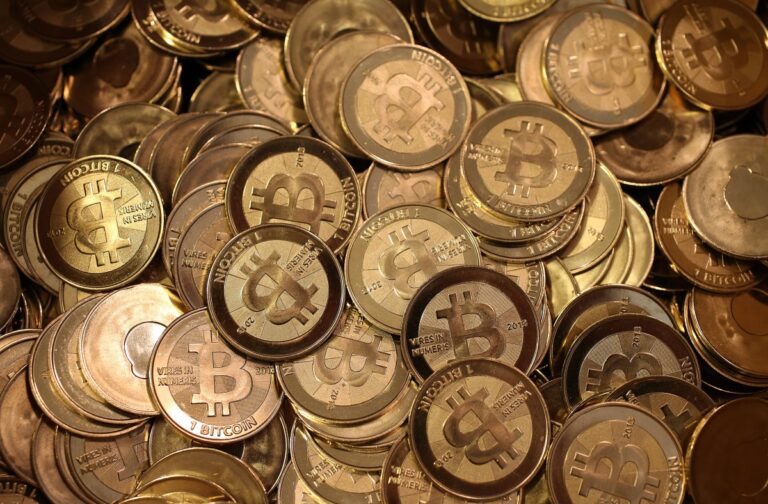US Indicts Garantex Admins for Alleged Crypto Money Laundering Tied to Terrorists and Hackers
The U.S. Department of Justice (DOJ) recently took significant action against the Russian cryptocurrency exchange Garantex, announcing criminal charges against its administrators for allegedly facilitating money laundering and violating U.S. sanctions. This development highlights ongoing concerns about the role of cryptocurrency in illicit activities.
Criminal Charges Filed Against Garantex Administrators
The DOJ’s indictment targets two individuals: Aleksej Besciokov, a 46-year-old Lithuanian national and Russian resident, and Aleksandr Mira Serda, a 40-year-old Russian national living in the United Arab Emirates. Both are accused of knowingly allowing criminal proceeds to be laundered through Garantex and actively concealing these illegal activities on the platform.
Allegations of Money Laundering and Sanction Violations
- The DOJ claims that Garantex processed at least $96 billion in cryptocurrency transactions since 2019, with hundreds of millions linked to criminal activities.
- Specific crimes facilitated by the exchange include hacking, ransomware, terrorism, and drug trafficking.
- Besciokov is accused of permitting transactions connected to the notorious North Korean hackers known as the Lazarus Group.
Following the indictment, U.S. law enforcement agencies seized the official websites of Garantex, replacing their content with a banner announcing the seizure. Despite attempts to contact Garantex via email and Telegram, no responses were received.
Potential Consequences for Besciokov and Mira Serda
Both administrators face serious charges, including a conspiracy to launder money, which carries a maximum sentence of 20 years. Besciokov is also charged with conspiracy to violate U.S. sanctions and running an unlicensed money transmitting business, which may result in additional prison time.
Details of the Indictment
According to the DOJ, both men were aware that their exchange was being used for illegal activities and took steps to obscure their involvement, even when questioned by Russian authorities. For instance, when law enforcement requested records related to Mira Serda’s account, Garantex provided incomplete information, claiming the account was not verified, despite it being linked to Serda’s personal documents.
Government Actions Against Garantex
Garantex has been under scrutiny for several years. In 2022, the U.S. Treasury imposed sanctions on the exchange, citing over $100 million in transactions tied to illicit actors. Furthermore, in 2024, the European Union sanctioned Garantex as part of measures against Russia for its invasion of Ukraine, alleging connections with sanctioned Russian banks.
Sanctions Evasion Tactics
The indictment outlines how Garantex allegedly evaded U.S. sanctions by redesigning its operations and accepting transactions from U.S. entities. This included moving operational cryptocurrency wallets to different addresses daily to complicate tracking efforts by U.S.-based exchanges.
Seizure of Cryptocurrency Assets
The DOJ confirmed that law enforcement seized over $26 million in cryptocurrency linked to Garantex’s money laundering operations, including Tether and Bitcoin. These funds are now frozen as investigations continue.
In a recent announcement via Telegram, Garantex stated that it had suspended all services, including cryptocurrency withdrawals, after Tether blocked wallets holding over $28 million. They claimed to be fighting back against what they described as a war on the Russian crypto market.
Warnings About Scams
Post-indictment, Garantex alerted users about scammers impersonating the exchange and attempting to steal sensitive information. They emphasized the importance of protecting personal data and wallet addresses.
For more information related to cryptocurrency regulations and security, you can refer to the U.S. Securities and Exchange Commission or check out our internal resources on cryptocurrency regulations.







